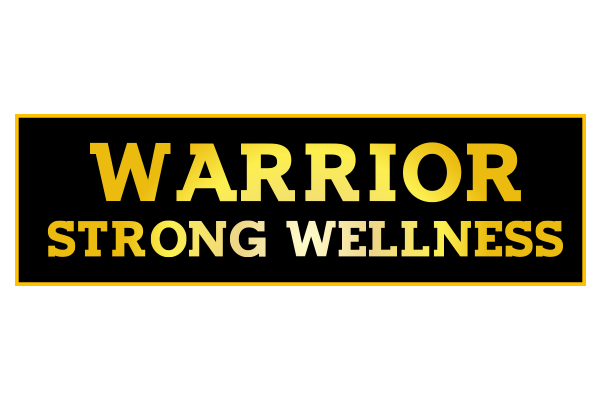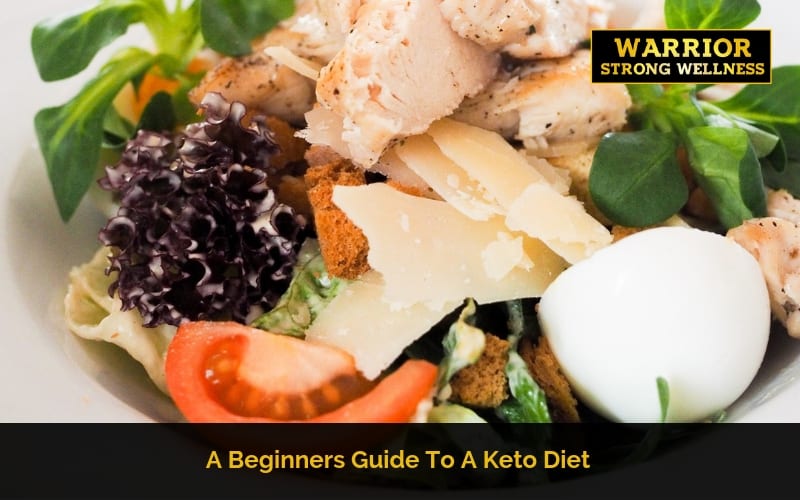Diet plans are extremely à la mode these days. One of the most popular ones being ketogenic diets. A ketogenic diet is similar to the Atkins diet and focuses on low-carb, high-fat meals. Your fat metabolism rates improve when the diet gets underway. Although a ketogenic diet or any diet for that matter, is initially difficult to follow, being armed with the right information can help you achieve the desired results.
What is a ketogenic diet?
Unlike regular diet plans that direct you to avoid fatty food, a keto diet goes by the low-carb, high fat rule. Here you cut down on your regular carbohydrates and increase your fat intake, instead.
The Ketogenic diet plan works on the principle of converting fat into energy rather than using the carbohydrates that we ingest. With a drastic reduction in the carbohydrate intake, your body efficiently burns fat for energy. This switch from carbohydrate metabolism to fat and ketone metabolism is called ‘Ketosis’ and thus the name Ketogenic diets.
Types of ketogenic diets
Although there are numerous versions of a ketogenic diet, the following four are the most commonly followed ones-
-
Standard ketogenic diet (SKD): This is the most commonly followed keto diet program. This version requires a very low carbohydrate and moderate protein intake and high-fat consumption.
- Cyclical ketogenic diet (CKD): This version involves a cyclic diet plan where there are periods of high carb intake alongside a regular keto plan. It may be a 5-day ketogenic diet plan followed by 2 high carb days.
- High-protein ketogenic diet: This is similar to the regular keto diet plan but involves more protein intake. The ratio often followed is 60% fat, 35% protein, and 5% carbohydrates.
-
Targeted ketogenic diet (TKD): With this version, you are allowed to consume carbohydrates around workouts.
All versions of the keto diets are based on the principle of ketosis although the ratio of nutrients varies. Cyclical and targeted keto diets are followed by athletes and bodybuilders, while the standard version is the most recommended.
The big benefits of a ketogenic diet
- It is the perfect weight loss program. Research suggests that a ketogenic diet is far more effective than the often recommended calorie restricted low-fat diet. You don’t need to count your calories, instead, you are going on a high-fat diet with a keto diet plan.
- It helps fight type 2 diabetes. Studies have proven that a ketogenic diet can help improve insulin sensitivity and increase fat loss. This is said to be highly beneficial for people with type 2 diabetes and prediabetes.
- A keto diet helps reign in risk factors such as HDL cholesterol levels, body fat and prevent heart disease.
- This diet was initially designed to help control symptoms in patients with neurological conditions such as epilepsy. Studies show a massive reduction in seizures, in children suffering from this condition.
- This diet is now recommended to treat various types of cancer and also slow down the growth of tumors.
What must you eat?
A keto diet requires more protein and fat as opposed to the regular carb consumption. So here’s a what you must base your meals around-
- Include meat in your meals. You could use red meat, bacon, steak, ham, sausage, chicken and turkey.
- Fish is essential. Fatty fishes such as salmon, trout, tuna, and mackerel are to be used in a keto meal plan.
- You can eat eggs.
- A portion of low carb veggies such as green veggies, tomatoes, peppers etc.
- Don’t forget Avocados and guacamole.
- Butter, cream and cheese.
-
Nuts and seeds such as almonds, flax, pumpkin seeds, walnuts and chia seeds etc.
If you are worried about snacking in between here are a few ideas-
- Dark chocolate (90%)
- Nuts and seeds
- A healthy low carb pure bone broth protein powder milkshake
- Cheese
- Fatty fish or meat
- Hard-boiled eggs
- Full-fat yogurt
Ketogenic diets and supplements
Generally, you wouldn’t be required to take any supplements during the diet. But here are a few that will work well in the diet anyway-Whey, creatine, MCT oils, superfood protein powder supplement, minerals, and exogenous ketones.
Before you start with a keto diet consult an expert dietician because although it is a great diet plan it isn’t for everyone!



